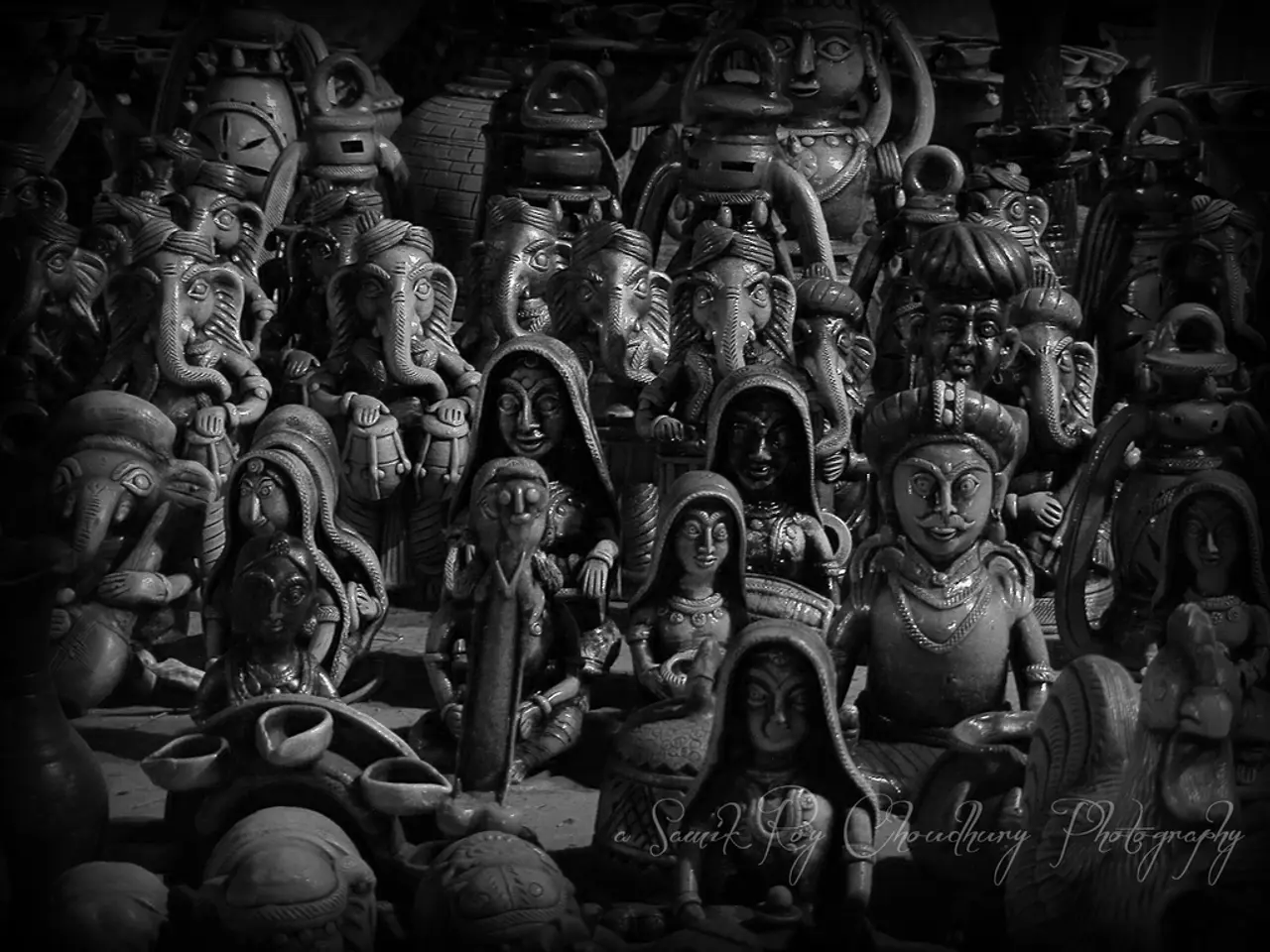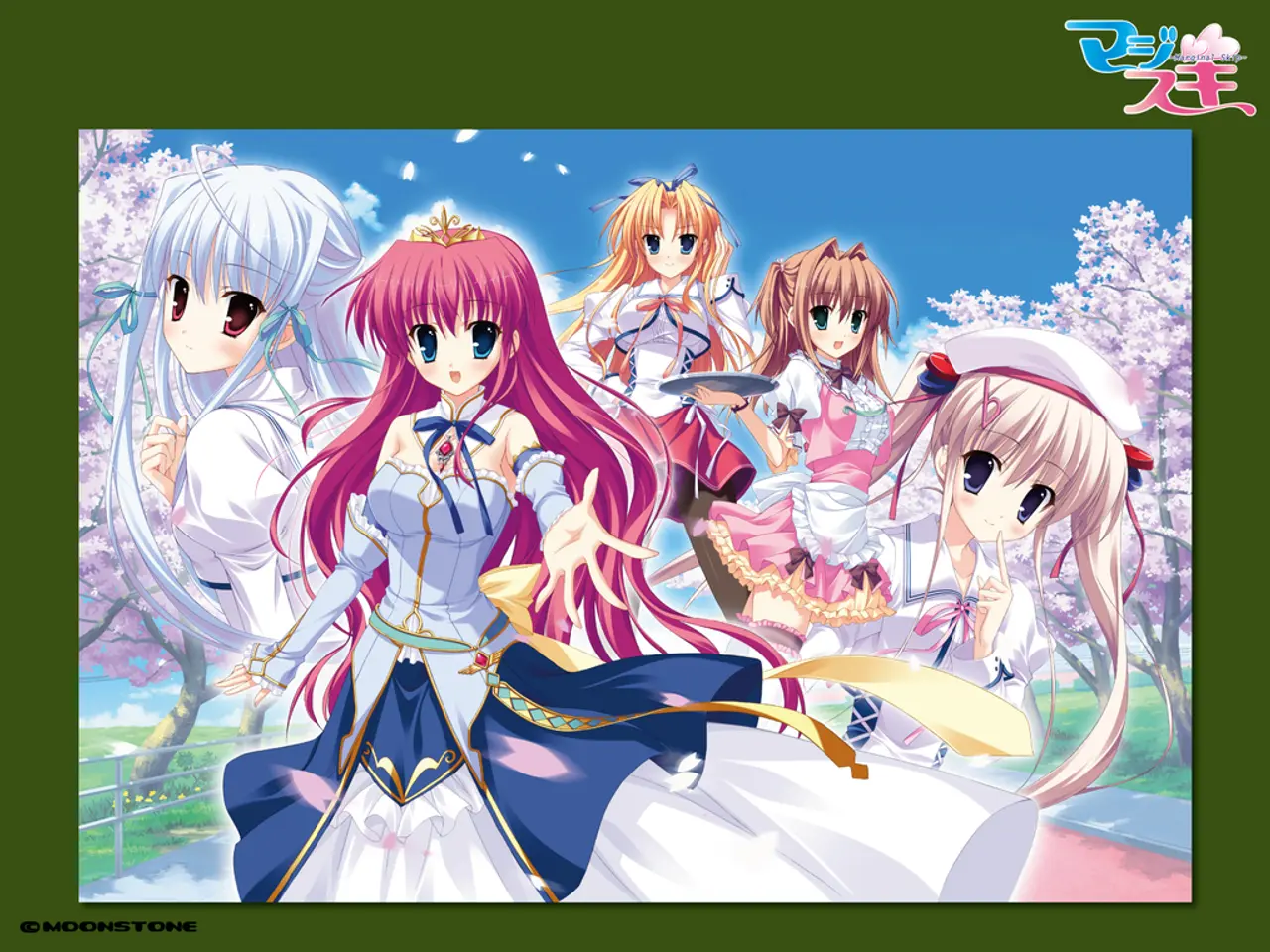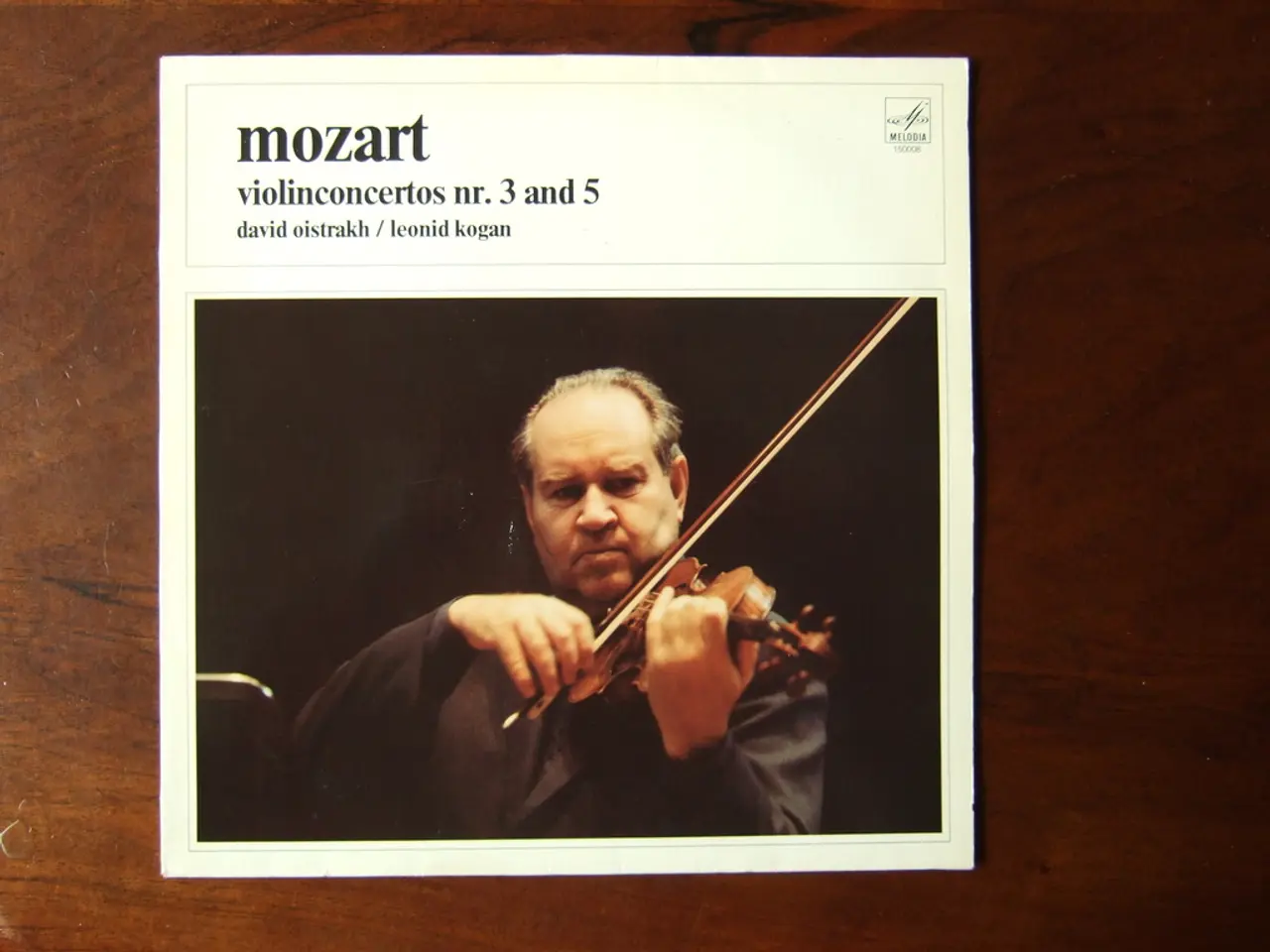Is Divinity Female in Nature?
In the Baha'i Faith, a religion that advocates for gender equality, the use of gendered language in referring to God is a topic of interest and debate.
The Baha'i Writings, the sacred texts of the religion, often use masculine pronouns to refer to God. However, it is important to note that this is generally understood as symbolic rather than a literal gender assignment. The use of female pronouns for God is not common or officially encouraged in Baha'i practice or writings.
This linguistic convention reflects the historical context in which the teachings were imparted. Over the centuries, as God's teachings were shared with humanity, they were done so in language that people would understand, which may have included gendered pronouns.
Abdu'l-Baha, a key figure in the Baha'i faith, acknowledged this point, stating that until gender equality is achieved, the highest social development of humanity is not possible. He also emphasized that the image and likeness of God apply to women as well, not just to men.
The Baha'i Faith believes that language is a "living thing" and that its meaning may change as society evolves. As society becomes more diverse and inclusive, our understanding of God may deepen, and we may start to recognize that "female" qualities such as love, nurturing, and compassion are equally godly and worthy of praise.
Shoghi Effendi, another key figure in the Baha'i faith, wrote that referring to God as a personal Reality does not mean God has a physical form. Abdu'l-Baha also stated that what we imagine about God is not the Reality of God, as God is beyond human imagination.
The Baha'i writings clarify that the use of gendered language in the English translations of the Baha'i Writings is influenced by societal norms and may not be applicable only to males. In Persian and Arabic, there are two distinct words translated into English as "man", one meaning man and woman collectively, the other distinguishing man as male from woman as female.
The Baha'i Faith posits that by establishing the equality of men and women in all aspects of our lives, we draw closer to understanding God. The religion does not describe God as an old man in the sky, but rather as "The Universe", "The Truth", or "A Higher Power".
In conclusion, while Baháʼís recognize gender equality spiritually, the traditional male pronouns for God prevail in Baha'i practice. Using female pronouns for God is neither typical nor explicitly endorsed. Any such usage would likely be seen as a personal interpretive choice rather than an established Baha'i norm. This aligns with broader Baha'i teachings on the oneness and unknowability of God, who transcends human gender categories.
[1] Search results note the use of androcentric language and male pronouns in Baha'i texts, recognized as a point of feminist critique, but do not mention encouragement or acceptance of female pronouns for God.
The Baha'i Faith encourages a societal shift towards understanding the 'female' qualities of love, nurturing, and compassion as godly and worthy of praise, as language evolves with societal changes. However, the traditional use of male pronouns for God in Baha'i practice remains predominant, with the use of female pronouns not being typical or officially encouraged, viewed more as a personal interpretation rather than an established Baha'i norm. This reflects the Baha'i belief that God transcends human gender categories, being portrayed as 'The Universe', 'The Truth', or 'A Higher Power'.








